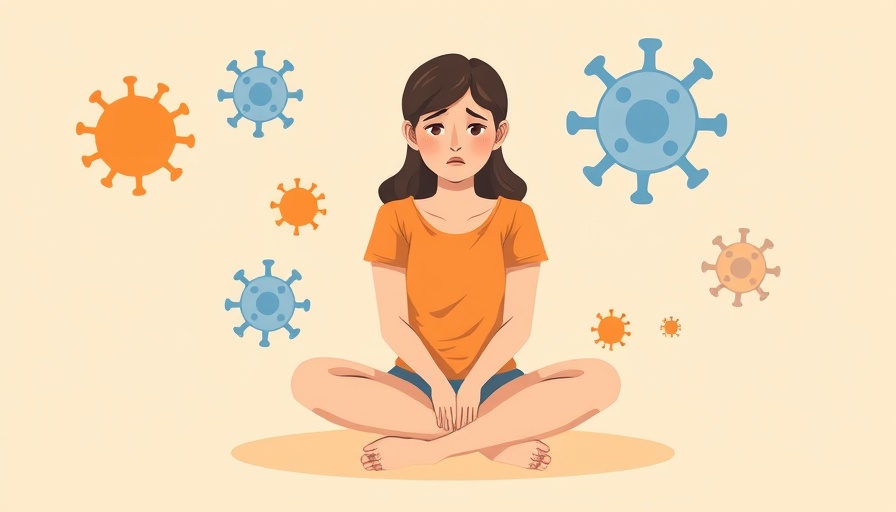
Understanding Cancer Care: The Intersection of Medicine and Holistic Practices
As a parent, navigating the maze of cancer treatment options can be overwhelming. The modern medical landscape presents a myriad of therapies ranging from traditional medicine to a vibrant array of alternative solutions. This article delves into understanding how these therapies work together, shedding light on the importance of adopting a comprehensive approach to cancer care.
Bridging the Gap: Integrating Alternative and Traditional Medicine
In recent years, complementary and alternative medicine (CAM) has gained traction among patients seeking less conventional treatment options. Understanding this integration is vital for parents who may wish to explore all avenues for their child's health. These approaches include therapies such as acupuncture and herbal medicine, which are supported by promising anecdotal evidence. Reports indicate that patients utilizing a combination of traditional treatments with holistic practices often experience improved well-being, highlighting that a personalized approach can yield positive outcomes.
Holistic Healing: A Comprehensive Strategy for Cancer Care
This holistic outlook recognizes the patient as a whole, rather than just treating the disease. Parents can benefit from exploring therapies like naturopathy and homeopathy, which focus on stimulating the body's inherent healing abilities. Additionally, the incorporation of mind-body techniques—such as meditation and yoga—has shown effectiveness in fostering emotional resilience in patients. Such practices can not only alleviate stressors associated with cancer treatment but also promote overall wellness.
Natural Remedies: What Parents Should Consider
Natural remedies, ranging from herbal supplements to dietary changes, offer supplementary support in cancer treatment. Incorporating foods rich in antioxidants, or specific herbal teas known for their health benefits, can serve as adjuncts to conventional therapies. Research indicates that certain plants, traditional to regions like South Africa, possess unique medicinal properties that can enhance immune function and potentially ease treatment side effects.
Understanding the Landscape: Traditional vs. Alternative Treatments
Despite the cultural perception surrounding alternative medicine, many parents are increasingly open to exploring these avenues. Traditional healers, such as sangomas in South Africa, often combine spiritual and herbal remedies that resonate with local communities’ values and beliefs. This indigenous knowledge presents an opportunity for patients and their families to connect with their culture while exploring healing modalities grounded in tradition.
Future Trends in Cancer Treatment
As we look to the future, the landscape of cancer care continues to evolve. There is a growing emphasis on individualized treatment plans, melding traditional methods with contemporary scientific research. Integrative health care solutions may soon encompass a balance between clinical interventions and alternative therapies, creating more holistic treatment paradigms tailored to the needs of families facing health crises.
Actionable Insights: Finding Your Path
Parents need to be proactive in their health choices. Research local practitioners, such as herbalists or acupuncturists, who offer complementary therapies. Engaging in conversations with healthcare providers about these options can help create a structured approach to treatment that aligns with personal beliefs and family values.
Conclusion: Empowering Your Family’s Health Journey
In summary, discovering the interplay between conventional and alternative medicine can empower parents to make informed decisions about their child's care. By considering these diverse options, families can cultivate a more enriching approach toward healing, ultimately improving quality of life during the cancer journey. As you navigate these paths, remember that every choice contributes to the comprehensive tapestry of health and healing—embrace it actively.
Explore your options and take charge of your child's health journey—there's strength in knowledge and empowerment.
 Add Row
Add Row  Add
Add 




Write A Comment